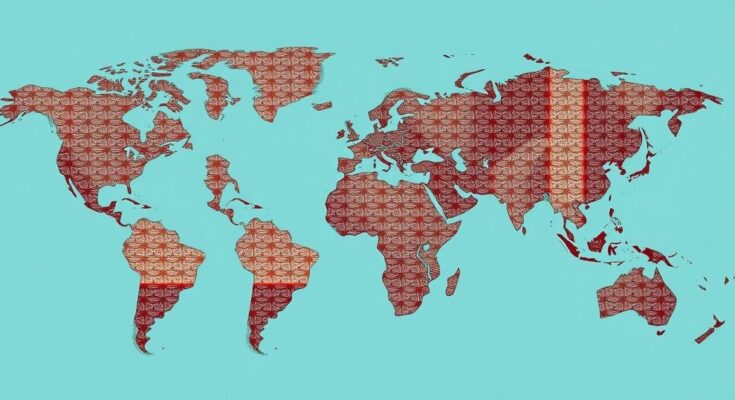Elias Hazrati, in an interview, discussed the Iranian government’s focus on transparency and unity under President Pezeshkian. He highlighted the need to address the energy crisis and the allocation of funds for gasoline imports while emphasizing the importance of non-conflict resolutions to social polarization. Hazrati pointed out the President’s commitment to peace and engagement in international relations despite external pressures.
In an interview with Etemad Online, Elias Hazrati emphasized the Iranian government’s dedication to managing national issues effectively under the leadership of President Massoud Pezeshkian. He asserted that the current administration operates with “transparency and honesty,” ensuring that all matters are communicated clearly to the public. Hazrati highlighted significant initiatives regarding internet filtering and car imports, which have invited extensive public discourse.
Furthermore, he addressed critical energy concerns, revealing that $6 billion has been designated in the upcoming budget for gasoline imports, despite Iran’s status as a leading oil and gas producer. The country faces a burgeoning electricity shortage, projected to escalate from a current deficit of 20,000 megawatts to 25,000 megawatts by next year, resulting in frequent power outages. Hazrati sounded the alarm about the urgent need to resolve these issues amicably.
Recognizing the polarization within Iranian society, President Pezeshkian has prioritized national unity, opting not to align with any particular faction. Hazrati noted that during the 79th UN General Assembly Session in September of the previous year, the President conveyed a message focused on peace, reconciliation, and the importance of international engagement, despite external challenges that persist.
The topic revolves around the Iranian government’s approach to managing domestic challenges and enhancing international relations. The interview with Elias Hazrati sheds light on the administration’s commitment to transparency in handling key national issues. It also emphasizes President Massoud Pezeshkian’s strategies aimed at fostering social cohesion and discussing pressing energy crises that the country faces, stressing the significance of non-confrontational resolutions amidst socio-political polarization.
In conclusion, the Iranian government’s focus on transparency and unity under President Pezeshkian is crucial for addressing multiple domestic challenges, including energy shortages and public discourse on initiatives like internet filtering. The emphasis on peaceful engagement at international forums reflects a strong intent to enhance Iran’s global relations while managing internal issues collaboratively. Overall, the administration’s approach signifies a commitment to collective problem-solving rather than foster conflict.
Original Source: ifpnews.com




